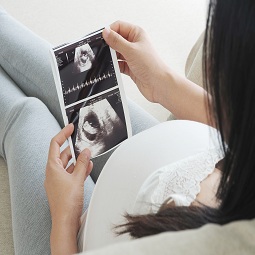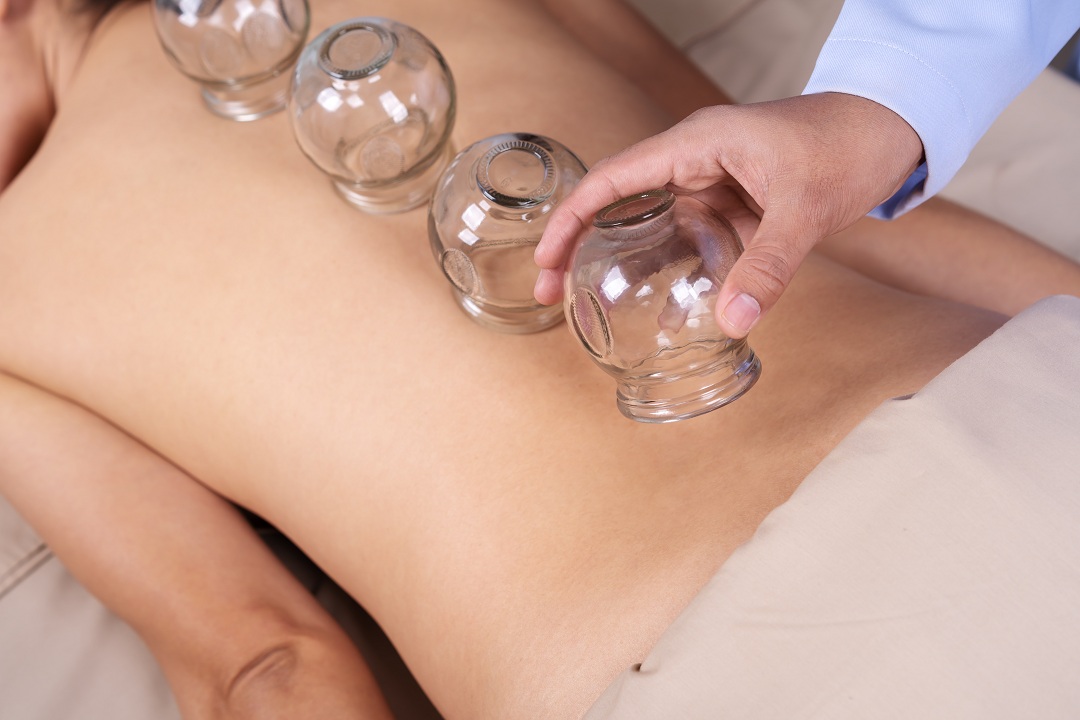
Fertility acupuncture refers to the use of acupuncture techniques specifically to enhance fertility and support reproductive health. It is often used as a standalone treatment or a complementary therapy for individuals or couples experiencing difficulty conceiving or undergoing assisted reproductive technologies (ART) like in vitro fertilization (IVF).
In traditional Chinese medicine (TCM), fertility acupuncture aims to balance the body’s Qi (energy) and Yin-Yang (harmony) to create an optimal environment for conception. In Western terms, it influences physiological systems like hormones, blood flow, and stress response to improve reproductive outcomes.
How Can Fertility Acupuncture Help You (based on research studies)?
Acupuncture can help regulate the hypothalamic-pituitary-ovarian (HPO) axis, which controls hormone production necessary for ovulation and menstruation.
Evidence: A 2015 meta-analysis found that acupuncture improved levels of key reproductive hormones like luteinizing hormone (LH), follicle-stimulating hormone (FSH), and estrogen in women with irregular cycles.
Acupuncture increases blood circulation to the uterus and ovaries, improving the uterine lining and ovarian function.
Benefit: This creates a more favorable environment for implantation and embryo development.
Evidence: Doppler ultrasound studies show increased blood flow to the uterine arteries after acupuncture sessions.
Stress can negatively impact fertility by disrupting hormonal balance and ovulation. Acupuncture has been shown to reduce cortisol (stress hormone) levels and promote relaxation.
Evidence: A 2018 systematic review concluded that acupuncture significantly reduces stress and anxiety in women undergoing fertility treatments.
Acupuncture is commonly used alongside IVF to improve outcomes by enhancing embryo implantation and reducing the side effects of IVF medications.
Evidence: A 2019 meta-analysis reported that acupuncture performed on the day of embryo transfer improved clinical pregnancy rates.
Polycystic Ovary Syndrome (PCOS): Acupuncture may improve ovulation and reduce symptoms of PCOS by regulating hormones and lowering insulin resistance.
Unexplained Infertility: Acupuncture may address subtle issues like suboptimal blood flow, inflammation, or stress that are difficult to detect in conventional diagnostics.
Male Fertility: Studies show that acupuncture improves sperm quality, including motility, morphology, and concentration.
Acupuncture may help stabilize hormone levels and improve blood flow in early pregnancy, potentially reducing the risk of miscarriage.
Evidence: Studies suggest improved outcomes in women with a history of recurrent pregnancy loss when acupuncture is used as a supportive therapy.

For couples who are trying to conceive naturally before considering IVF, the best approach—based on my experience as a practitioner—is to commit to a minimum of 3 to 6 months of regular acupuncture treatments to optimize fertility. Ideally, treatment should begin with 2 sessions per week for the first 12 weeks, allowing time for acupuncture to regulate cycles, balance hormones, improve egg and sperm quality, and enhance overall reproductive health. After this foundational period, we transition to once-weekly treatments for the next 12 weeks to maintain and reinforce these benefits. Even if pregnancy has not occurred within 3-6 months, the body will be in a much more balanced, nourished, and receptive state for IVF, increasing the chances of success. Acupuncture can then continue alongside IVF, providing essential support throughout the process. Specifically, a treatment before embryo transfer helps to improve uterine receptivity, and a post-transfer treatment on the same day promotes implantation and relaxation. This structured approach ensures that whether conception happens naturally or through IVF, the body is fully prepared for a healthy pregnancy.
While some women may conceive within 1-2 months of starting fertility acupuncture, others may take up to a year. This variation depends on several factors: 1) Lifestyle: Diet, exercise, sleep, and stress management all impact fertility. Healthier habits may lead to faster results, while poor nutrition or high stress may slow progress. 2) Partner's Health: Male fertility, such as sperm quality, is just as important. If there are fertility issues with the partner, it can affect the timeline. 3) Body Constitution: Every woman’s body responds differently to acupuncture. Age, overall health, and reproductive conditions (e.g., PCOS, endometriosis) influence how quickly results are seen. 4) Emotional Factors: Stress, anxiety, and trauma can hinder fertility. While acupuncture can help, emotional healing may take time. 5) Environmental Factors: Toxins, pollution, or work stress can impact fertility. Addressing these factors may take time. 6) Response to Treatment: Women respond to acupuncture at different rates, based on their body’s ability to adapt and heal. 7) Commitment: Fertility acupuncture requires consistent treatment over 3-12 months. Those who commit to the full plan are more likely to see long-term results.

ADB Acupuncture Clinic aims to deliver amazing outcomes with our core services. In addition to giving you time to unwind, we offer therapeutic care that is results-driven. Our goal is to offer services that place a strong emphasis on an individual's overall wellness.